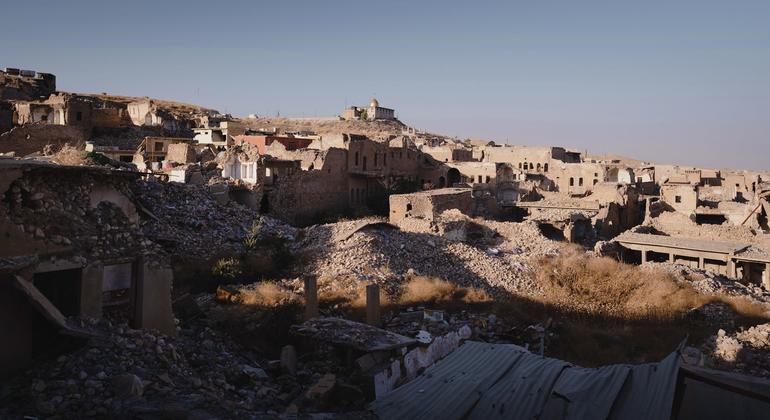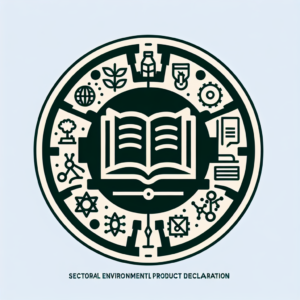Sure! Here’s the translation to American English:
—
The threat from the terrorist group known as the Islamic State of Iraq and the Levant, commonly referred to as Daesh, remains alarmingly persistent in various regions around the world, despite ongoing international efforts to combat its influence. This Wednesday, Vladimir Voronkov, the UN Under-Secretary-General for Counter-Terrorism, presented a report to the Security Council highlighting the group’s ability to adapt and sustain its operations even after the elimination of several of its leaders.
The report reveals that Africa is the region most affected by Daesh’s activities, with a particular focus on West Africa and the Sahel. Voronkov emphasized the group’s resurgence in the Greater Sahara, where its affiliate has emerged as a vital hub for propaganda and recruitment, attracting international fighters. Additionally, logistical and financial support networks linking Daesh to prisons in Libya have been detected, establishing concerning connections toward the Sahel.
In Somalia, the group carried out a massive attack in Puntland in anticipation of a military offensive, utilizing numerous foreign fighters. Somali security forces responded, resulting in the deaths of approximately 200 Daesh members and over 150 arrests. However, despite these significant losses, the group continues to benefit from a robust support network in the region, thus remaining a considerable threat.
In the Middle East, Daesh remains active in Iraq and Syria, attempting to re-establish its operational capability in the Badia region and undermine local government authority. Taking advantage of security vacuums, the group conducts covert operations and fuels sectarian tensions, raising concerns for the UN Secretary-General. Moreover, in Afghanistan, the faction known as ISIS-Khorasan has become one of the major threats to Central Asia, launching attacks against civilians and minorities.
In light of this situation, Voronkov called on Security Council members to focus more on preventing violent extremism rather than merely mitigating the effects of terrorism. He stated that history has shown that simply eliminating terrorist leaders is not enough to eradicate the threat. Daesh’s ongoing activity underscores the urgent need for global cooperation that respects international law and human rights, while implementing approaches that take into account gender sensitivity in the fight against terrorism.
—
Feel free to ask if you need any adjustments or further assistance!
Referrer: MiMub in Spanish











